
October 23, 2025
Discover how Mix Master strengthens your brain just like an instrument - training focus, creativity, and emotional intelligence through the science of sound.
Read more.png)
September 8, 2025
Tools like Suno are now powerful enough to generate melodies, lyrics, and even full songs in seconds. That’s exciting—and controversial. Just ask Timbaland. Recently, he came under fire..
Read more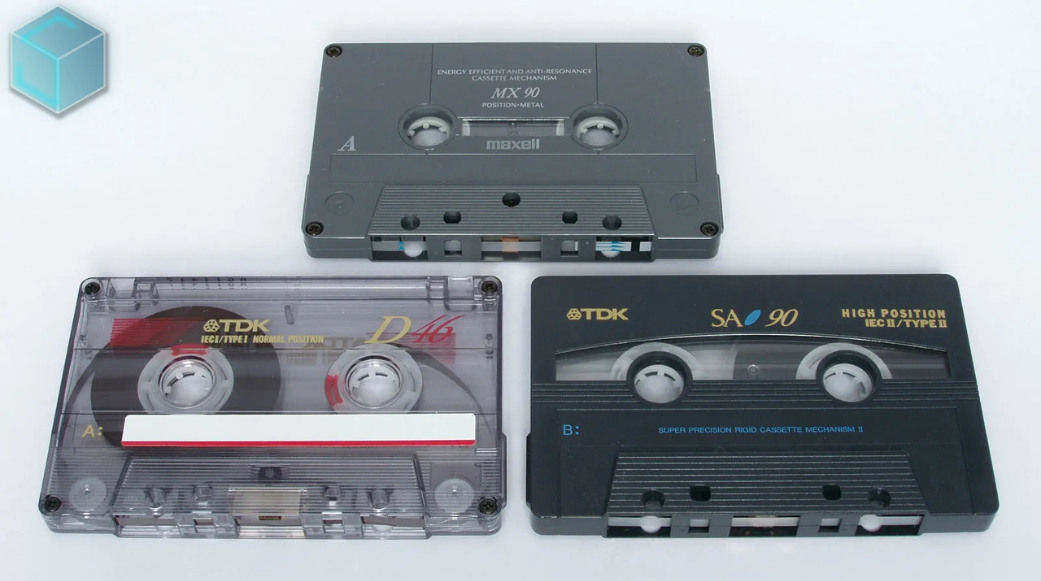
August 23, 2025
The 1980s and 1990s analog music medium known as cassette cassettes is experiencing an unanticipated comeback, with Gen Z spearheading the trend. Taylor Swift, who included cassettes in the release...
Read more
August 23, 2025
This week's most notable headline: Doja Cat's erotically charged, '80s-inspired music video, "Jealous Type," is dominating social media feeds and cultural discourse, marking her most daring...
Read more
August 23, 2025
J-hope and GloRilla's "Killin' It Girl," a spectacular blend of K-pop flare and shameless hip-hop heat that has taken the world by storm, is this week's winner of the Best Collaboration of Summer...
Read more
August 23, 2025
Carly Rae Jepsen is giving fans the ultimate gift for the 10th anniversary of her critically adored album Emotion: a special edition featuring four never-before-heard tracks and two fresh remixes...
Read more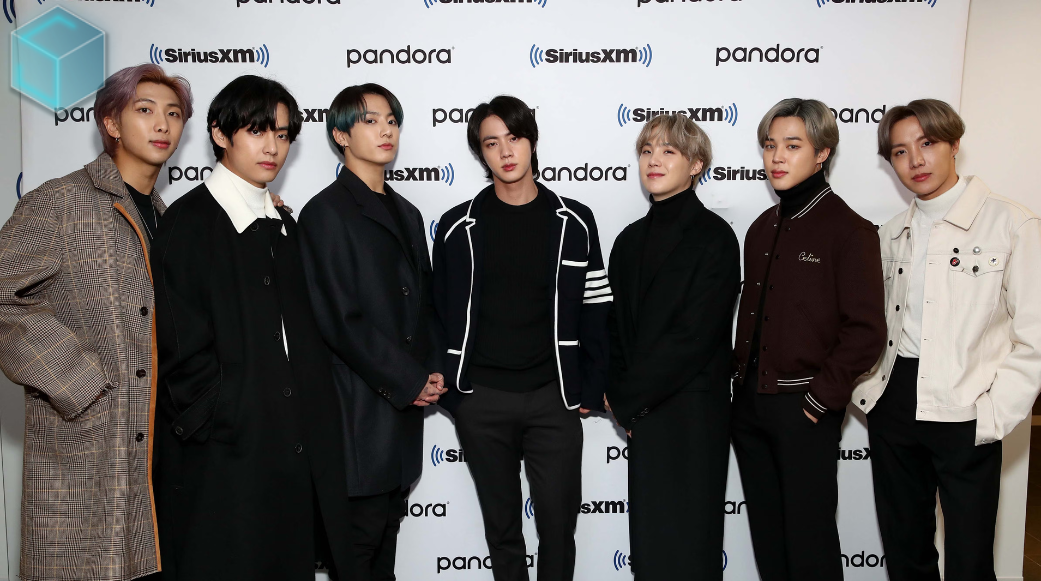
August 23, 2025
The wait is over, ARMY! BTS is officially back together and balancing work and play in their first moments of reunion after completing mandatory military service. J-Hope sent fans into a frenzy...
Read more
August 23, 2025
Christian music stepped outside of its quiet comfort zone in 2025. "Hard Fought Hallelujah," a worship song by Brandon Lake, went platinum, sold out festival stages, and exploded from churches to...
Read more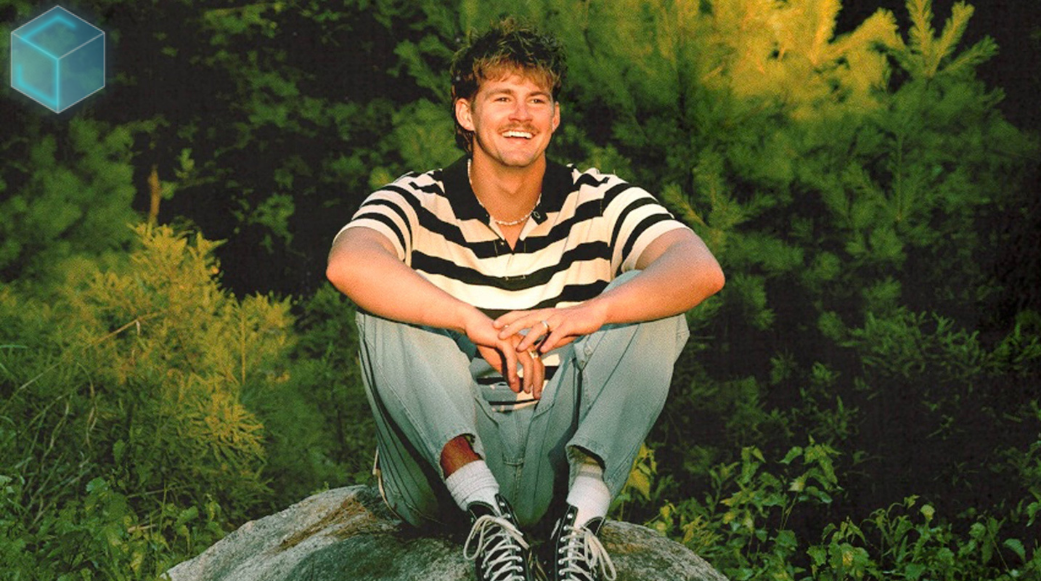
August 23, 2025
In late July 2025, Christian artist Forrest Frank (of Surfaces, now a solo juggernaut in faith-pop) posted from a hospital bed: he’d fractured his L3 and L4 vertebrae in a skateboarding accident...
Read more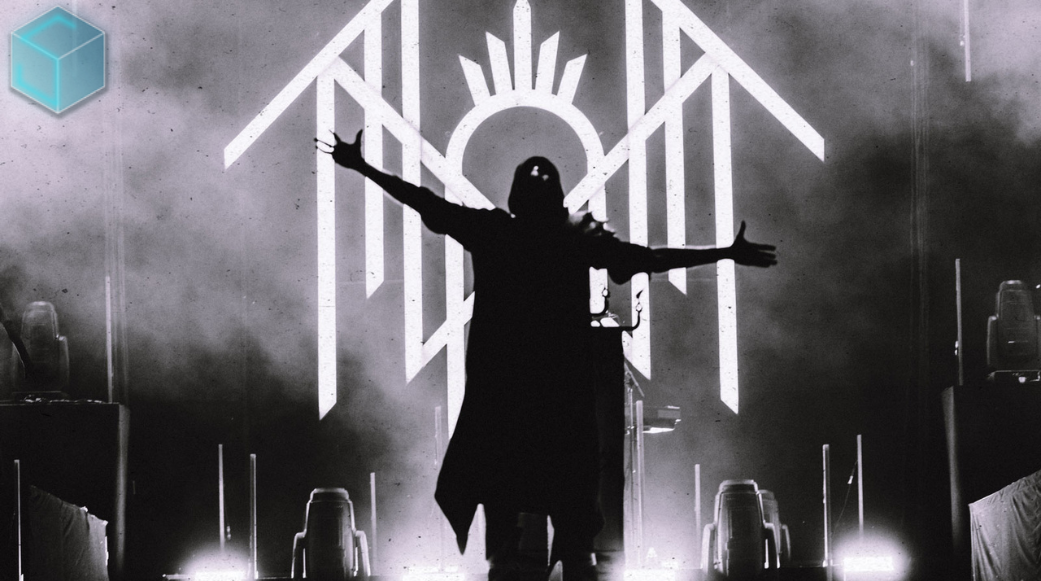
August 21, 2025
On September 16, the masked metal phenomenon Sleep Token will embark on their 2025 "Even In Arcadia Tour" across North America. The 18-show tour, which includes a huge date at Brooklyn's Barclays...
Read more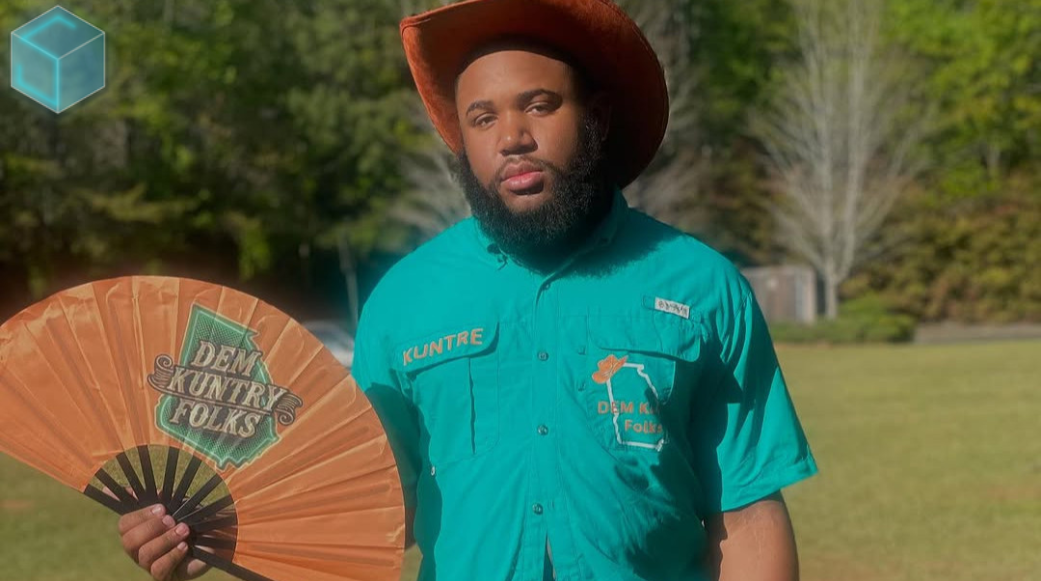
August 21, 2025
Due to a line dance that went viral and won over fans' hearts both inside and outside of the United States, 22-year-old Tre Little's song "Boots on the Ground" has become a cultural sensation this...
Read more
August 21, 2025
In addition to preparing for her next album, The Life of a Showgirl, Taylor Swift is reviving the physical medium this week by putting her songs on cassette tapes. This sentimental action...
Read more.png)
Photo Source: https://equipboard.com/pros/koji-kondo
What do popular video games franchises Super Mario, Legend of Zelda, and Star Fox all have in common? They were all produced and published by Nintendo, and the iconic music themes that you hear in the background were all created by one man, Koji Kondo.
The game Super Mario Bros was released in 1985, and while it is considered one of Nintendo’s classics, its theme song has also carried over many years to today, as a beloved masterpiece. How did it become what it is today? And what makes the music so memorable?
Today, we will take a look at Koji Kondo’s music and why his music can last through time.
—
Koji Kondo found a job at Nintendo through his school job placement board, and quickly signed up due to his love of making synthesizers and games.
Before his legendary Super Mario theme, he worked on an arcade version of Punch-Out and Famicom BASIC, a keyboard that is attachable to a Famicom (the Japanese equivalent to the Nintendo Entertainment System). He created instructions to program popular Japanese music into the Famicom for a few games, before moving on to work on music for the Super Mario Bros video game.
Super Mario Bros was his largest soundtrack, consisting of six tracks in total. His mission? To create music that didn’t sound like game music and something people had never heard before.
His first piece was an underwater music theme as he found it easier to imagine compared to land music. Kondo had to rewrite music for the land levels multiple times in order to find the perfect fit, to not only enhance gameplay but to also make the game more enjoyable as if it was all part of the experience.
When one of the six tracks did not fit with the game dynamic or with the other pieces in the soundtrack, Kondo would go back to fix and rearrange, to ensure they complemented one another. He would then play the game himself to test out his own soundtracks and readjust based on the feedback he obtained from his own observations.
His rewriting and rearranging was self-driven and part of his own ambition to make the music more memorable. In fact, the original main Super Mario Bros Overworld theme that we all came to love was edited and reformed the most out of all the soundtracks.
Aside from his own creativity, he believed the company Nintendo played a part in the process too. Nintendo gave Kondo a lot of artistic freedom which enabled him to brainstorm many ideas, experiment with different sounds, and create new mixes each time.
Kondo also noted how Nintendo’s process of producing and incorporating game music was different from some other companies at the time.
“At Nintendo, we were able to start working on the sound of the game as soon as the rest of development was ramping up, so we'd be working in parallel to them.” - Koji Kondo on the difference between Nintendo’s game music process.
Instead of working after the game was pretty much done, he and the team worked alongside the development team, which he believed contributed to musical success. This was both a benefit and an opportunity, as this allowed him to receive feedback from others and vice versa - being truly involved in the game’s production.
This extensive process wasn’t exclusive to just the Super Mario Bros series, but it was also transferred over for other games that he worked on. Starting with brainstorming ideas, to producing music, testing it out during gameplay, then going back to either edit or pass it to the development theme for implementation.
Aside from the music production and implementation process, another fact that makes his video game music so memorable is partially due to the game’s popularity. However, the catchy, upbeat, and laidback theme is something that when one hears it from far away, would instantly recognize the Super Mario brand.
This meant that the music and the game are inseparable. One couldn’t have gone without the other. With Nintendo expanding the Super Mario franchise every year, the music also follows.
Despite the original music published in 1985, this theme is recognized by large audiences around the world thanks to Nintendo, and its fans’ who keep its legacy going.
As Koji Kondo continues to work at Nintendo and oversee many of the newer games’ music, he is still very involved in music production, hoping to produce more outstanding and memorable tracks for future generations to hear.
Super mario theme:
Reference List
https://www.wired.com/2007/03/vgl-koji-kondo-/
https://composercode.com/video-game-composers/#1_Koji_Kondo